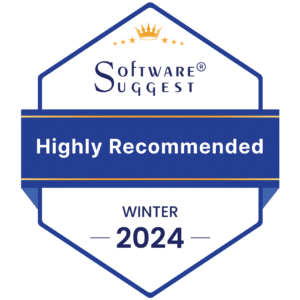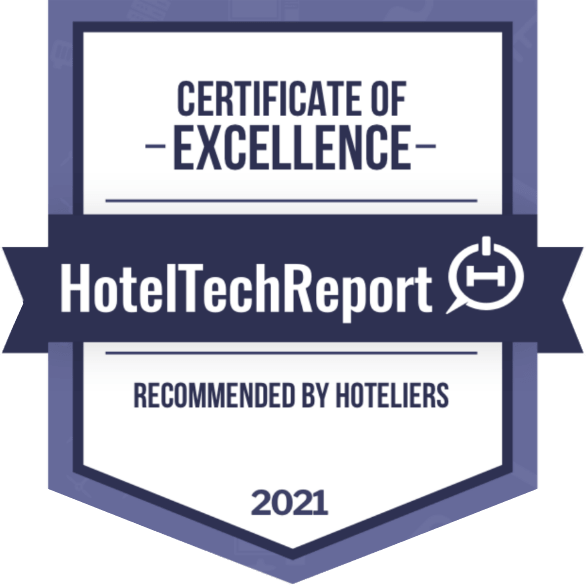Hotel revenue management is tough – particularly if you’re an independent property competing against the big chains.
If your staff does not include a dedicated revenue manager, or you’re simply struggling to remain current with the fast pace of changing guest expectations, then allow me to share seven excellent tips to increase revenue per available room, known as RevPAR.
- Anticipate demand
Knowing the current occupancy level of your hotel is the cornerstone of effective revenue management. To forecast properly, access historical data and search for trends. Then, start looking at the channels through which guests have previously booked and consider when your marketing activity or local events might have influenced spikes in occupancy. The more you can use historical data of past successes to predict future demand and develop a rate structure to satisfy it, the more strategic (and successful) your hotel revenue management will become. Know your market as well. Follow your local Convention and Visitors Bureau or, better yet, create a personal connection with its management and stay informed of coming events that will attract outside visitors to your area. - Identify changing guest habits
To predict future demand and tune your rate strategy accordingly, you must have a thorough understanding of guest behavior and demographics. As your hotel business matures, you’ll likely see a change in how guests book, the methods by which they discover your property and the types of hotel experiences they expect to receive. - Don’t compromise on your pricing
The role of an independent hotelier is to focus on selling value. Identify when you should maintain your prices, even if your competitors’ rates suggest you should reduce them. Modern guests want much more than just a room; therefore, by including value-added extras in your hotel revenue management strategy, you can maintain healthy profit margins while delivering experiences that will encourage guests to book with you instead of the competition. - Don’t rely too much on automation
Property management systems provide revenue managers with fantastic tools that enable rate flexing to be automated, but relying too heavily on this kind of technology isn’t particularly sensible. There will always be a role for automation, but a human touch is often needed to make last-minute, strategic decisions or when taking calculated risks. - Develop and implement social media promotions
Platforms, such as Twitter and Facebook, are beneficial opportunities to market hotels, which is why they should be part of your hotel revenue management strategy. When you’re creating a particular offer or rate promotion, consider how it might be distributed via pay-per-click advertising on social media. With the powerful demographic and geographic targeting options available on these platforms, you can reach a wide audience for a relatively low cost. Additionally, research shows that 55% of travelers like social media posts related to their travel plans and 52% of Facebook user respondents in a recent survey said a friend’s travel photos inspired their travel plans. You can add a social sharing platform to your booking engine, such as the solution from www.flip.to, to take advantage of these trends. - Don’t lose sight of the competition
Even if your hotel has surpassed the competing hotel around the block in terms of the quality of your rooms and service, price and guest experiences, it’s important not to become complacent. You don’t know what your competition is planning, nor can you predict how guests might be attracted to its property during the future. It’s, therefore, vital that you remain vigilant and continue to monitor your competitor’s rates, occupancy and online activity.Pro tip: Don’t be afraid to follow the competition on Twitter and other social media platforms as well as perusing their Websites occasionally – be observant (they’re almost certainly observing you!). - Play “guest” occasionally
When was the last time you tested the booking system at your hotel? It might seem like an odd action, but if you can think and book like a customer, then you’ll gain some understanding of how your rate strategy appears to the outside world. Do the rates seem right? If you compare and contrast them with other hotels, then does your hotel surpass them in terms of price and the types of available stays? With more than 33% of online travelers currently booking hotel rooms via their mobile devices, make sure you’re testing mobile bookings as well. Think like a guest and you’ll inevitably find holes in your revenue management. Just make sure you fix them!
In Conclusion
If you view hotel revenue management as a chore or unnecessary for your independent hotel, then you’re missing profitable bookings and a clear view of future occupancy performance. Use our tips above, and you’ll start to develop a keen eye for improving your hotel revenue management.
___
roommaster Software is a leading technology provider for the hospitality industry. For over 25 years, roommaster has combined hotelier experience with innovative technology to deliver an all-in-one solution that empowers hotels to attract guests, drive customer loyalty, and increase profits. Our flagship property management software, roommaster, helps manage over 5,500 properties across 100 countries. roommaster develops scalable solutions ranging from a Hotel PMS, Cloud PMS, Channel Manager, Hotel CRM and helps properties enable guests to Book Direct. We believe that everyone deserves a great guest experience, whether they’re staying at a small B&B, a thousand-room resort, or anywhere in between.
Call us today at 1.813.288.4900, or email us at [email protected]. We will be happy to walk you through roommaster’s solutions.








